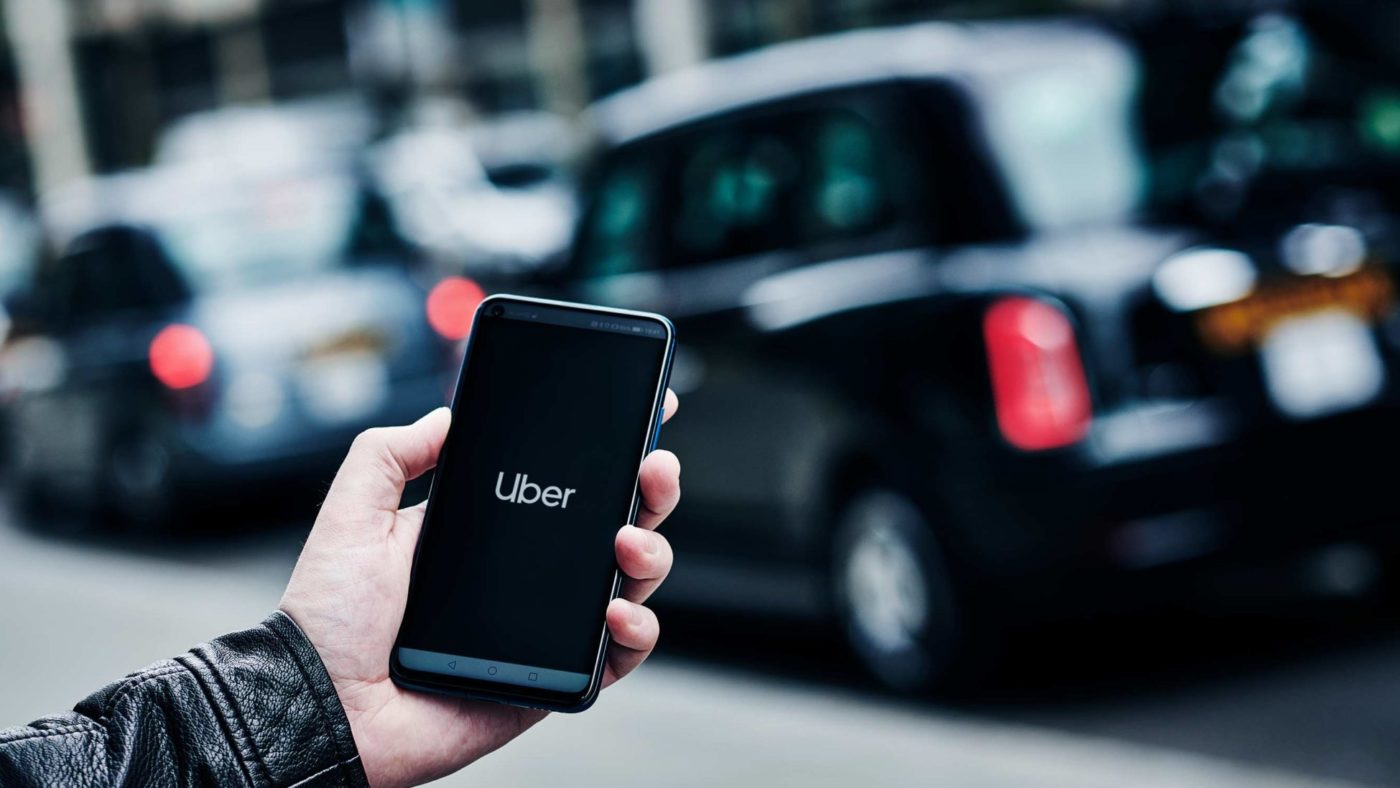It’s a dark day for Londoners.
Uber – the ride-hailing app which launched in the city in 2012 and has since revolutionised transport across the world’s major cities – has been handed an effective ban from operating in the capital by Transport for London.
Hope is not completely lost for the millions of people who use the app, as Uber will still operate in London while the company appeals.
That at least means 45,000 licenced drivers won’t be out of work overnight, but this latest move from TfL raises serious questions about the platform’s long-term viability.
It’s hard to overstate the impact Uber has had for both consumers and drivers. Uber has allowed people looking for flexible work to find it, setting their own hours and providing an essential service for Londoners without having to pass ‘The Knowledge’, a seven stage process required in order to become a black cab driver that TfL proudly boasts usually takes three to four years to master.
Uber also offers opportunities for minority groups, with TfL figures from 2018 showing that – of those who chose to answer the question – only 26% of private hire drivers are white compared to 80% of black cabbies.
Customers have benefited too. In many parts of London it’s pretty hard to find a black cab, even when cabs are likely to be passing many people didn’t want to stand at the kerbside in the dark and cold hoping to flag one down. Uber allows people to book a taxi quickly, track its arrival, and meet their driver at their own front door.
The competition from Uber and the host of other similar apps that followed offers drivers and consumers their choice of platforms and, of course, black cabs remained an option as well. Ride-sharing apps and the black cab industry operate in two different regulatory models, working alongside each other and serving different needs.
TfL’s decision stems from two supposed issues: the vested interest of black cabbies and concerns about passenger safety.
Black cabbies rail against Uber for undercutting them, as if passengers should be forced to pay higher fares for (what some people consider) an inferior service. It’s hardly as though Uber is the main reason black cabs are finding things difficult: regulated fares, a low-tech business model, the aforementioned ‘Knowledge’ and associated barriers to entry and the high cost of purchasing a black cab – all have contributed to the traditional cabbies’ woes.
In 2002 a new black cab cost £28,000, the new ‘green’ black cabs have an upfront cost of a staggering £55,600. But the blame for this lies with burdensome regulation and overzealous occupational licencing, not a more modern competitor. TfL should take the views of all stakeholders into account when making a decision, but it feels like the regulator has been captured by a professional lobby trying to protect its own privileged position against cheaper, more effective competition.
The safety concerns raised deserve serious consideration. Today’s judgement focuses on a flaw in Uber’s system which allows unauthorised drivers to upload their photos to the accounts of authorised drivers, with 14,000 journeys identified where a customer was collected by a driver who appeared authorised but was not.
We should not downplay the seriousness of this, and it’s something the company has committed to addressing, but bear in mind that Uber has 3.5 million riders in London. Remember too that this is 14,000 journeys, not 14,000 drivers. A relatively tiny proportion of drivers may be responsible for those journeys, and the overwhelming majority of Uber’s 45,000 drivers are entirely legitimate.
TfL must do all it can to ensure transport in the capital is safe for users, but Uber has made significant improvements in the last two years. Uber point out that only two months ago they were found to be a ‘fit and proper’ operator, during which time they audited every driver in London and continued to strengthen their safety procedures.
Uber users have their driver’s photo, name, car registration number all on their phone, not to mention the ability to track and share routes with friends and family – details have which are not only plastered across the app but across billboards and tube stations across the capital. Refusing to issue an operating licence, to recognise the progress which has been made, or the enormous benefit to Londoners brought by Uber is totally counter-productive.
Sadiq Khan was elected Mayor of London on a promise that London would be “open for business”. By refusing to issue a licence to Uber, TfL – of which Khan is Chairman – has taken the opposite approach, adopting a deeply protectionist step and banning a major mode of transport that has significantly improved many Londoners’ lives.
Click here to subscribe to our daily briefing – the best pieces from CapX and across the web.
CapX depends on the generosity of its readers. If you value what we do, please consider making a donation.


